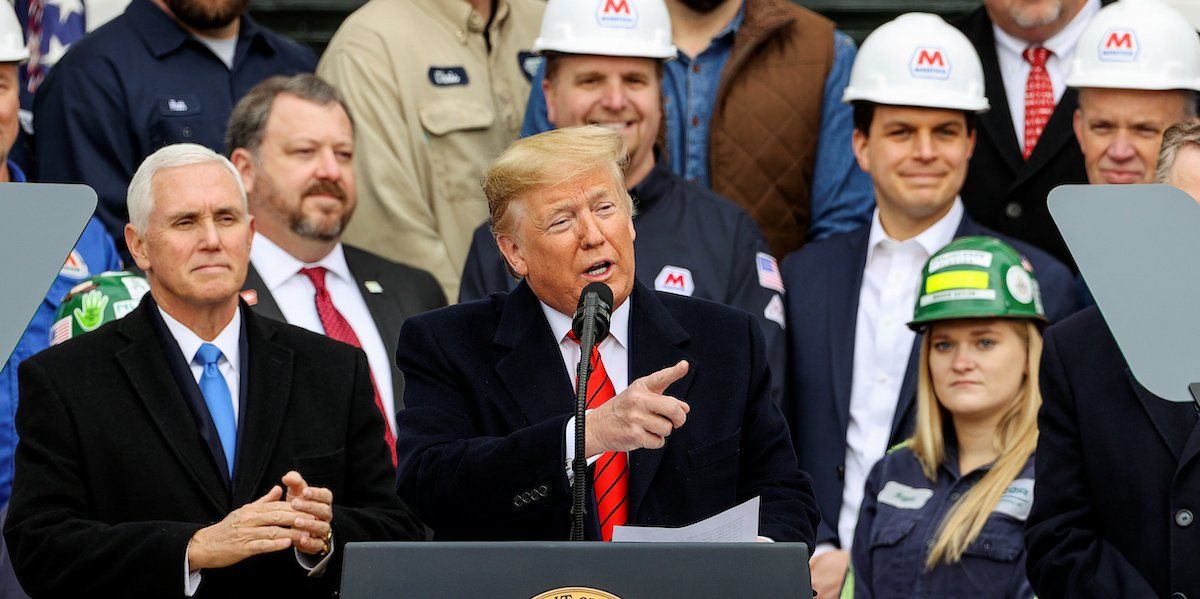Donald Trump’s election win has Canadian premiers worried about the future of free trade. Trump has promised to levy across-the-board tariffs of between 10 and 20%, but it’s unclear whether Canada would be included. Canada is trying to avoid that fate, and provincial politicians are willing to throw free-trade partner Mexico under the bus if it helps their cause.
For years, Trump has been concerned with Chinese trade. Recently, he’s turned his attention to Mexico’s trade relationship with China, but he’s not the only one. The Biden administration and the Trudeau government are also worried that cheap Chinese goods could creep across their borders through Mexico, including electric vehicles.
Citing “an imbalance” in the three-country USMCA free trade agreement, Alberta premier Danielle Smith argues Canada should make separate, bilateral trade deals with the US and Mexico – a move she thinks would please the incoming Trump administration. Ontario premier Doug Ford, whose province is home to a large auto sector,agrees. He says all Canadian premiers are aligned on the matter, and is pushing for a meeting with Prime Minister Justin Trudeau to make that happen.
The USMCA is up for renegotiation in 2026, but the deal could be a moot point by then.
